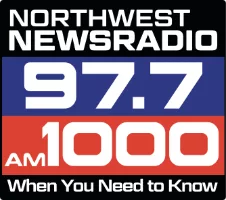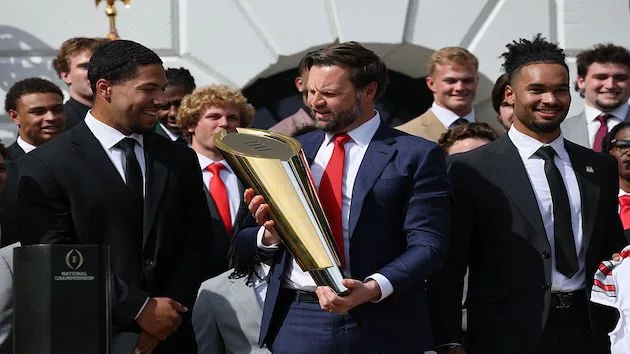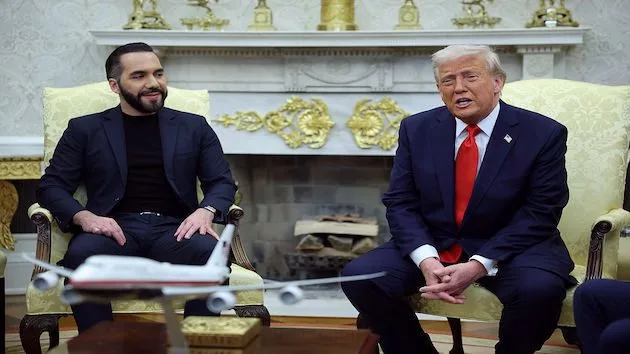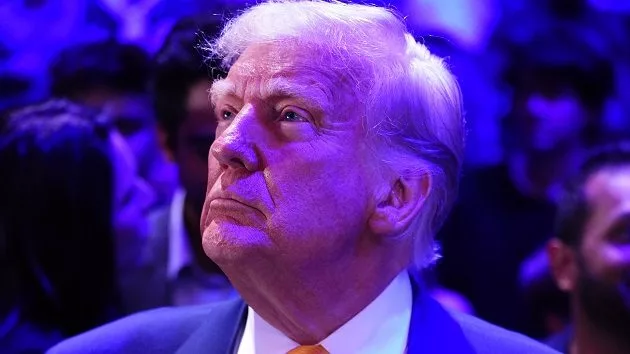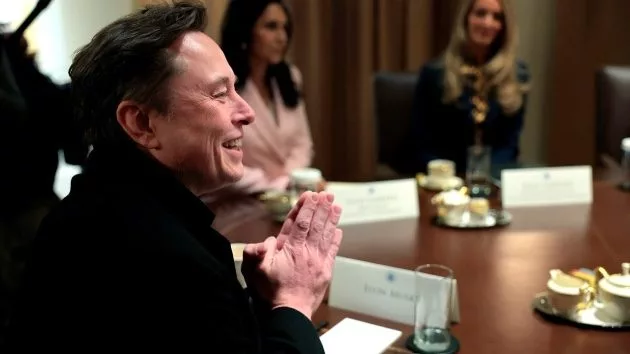
(WASHINGTON) — Despite not being a candidate, Donald Trump is looming large this midterm election cycle, but what difference he’s making won’t be clearer until Election Day or soon after.
The former president’s approval rating among Republicans remains high — even as he faces multiple investigations and the fallout from the Jan. 6 hearings — with 64% of registered GOP voters saying Trump should have a good or great deal of influence over the future direction of the party, according to an ABC News and Ipsos poll.
Trump acolytes appear up and down the ballot in congressional and statewide races, including nearly 200 individuals who support and spread his election denialism.
“Although Donald Trump is not on the ballot this year, the Trump political brand is and it continues to show great durability and effectiveness,” Mark Weaver, a veteran Republican strategist, told ABC News. Trump-backed candidates, Weaver noted, often similarly push back against elites and embrace his off-script, bullying demeanor.
This final campaign week, Trump is holding a blitz of rallies in swing states to fire up the Republican base. He will appear in Florida, Iowa, Ohio and Pennsylvania. And a super PAC backed by Trump has spent at least $8.6 million on ads in battleground states, though the spending hasn’t been nearly as much as other Republican groups have invested this cycle.
Trump spokesperson Liz Harrington told ABC News that Trump’s endorsements are having “an incredible impact on the midterms.”
“Across the country, Republicans have benefited from President Trump’s rallies, financial support, and leadership,” Harrington said.
But will Trump’s impact ultimately help or hurt the GOP?
Trump helped to shape the GOP midterm field during the primaries, and often touts his endorsements at rallies. Now, the question is whether his influence will help or hinder the Republican Party’s chances of taking back control of Congress.
“This is the year we’re going to take back the House,” Trump said at Texas rally in late October. “We’re going to take back the Senate. We’re going to take back America.”
In some cases, Trump’s picks drove more moderate Republican incumbents off the ballot — like Rep. Liz Cheney’s loss to Harriet Hageman in Wyoming, or Kari Lake’s defeat of Karrin Taylor Robson in Arizona’s gubernatorial primary.
And his endorsements haven’t always been celebrated by Republican leadership in their quest to take back control of Congress. Among his more controversial picks are former football star Herschel Walker in Georgia and celebrity Dr. Mehmet Oz in Pennsylvania. Despite encouraging Walker to run for office, clearing the field of any serious Republican challengers, Trump hasn’t set foot in Georgia in this final campaign stretch, while Walker has limited his talk of the former president in as he makes his case to voters.
Senate Minority Leader Mitch McConnell has questioned the “candidate quality” of some Republicans running as he’s tempered expectations that the GOP will win back control of the chamber. While McConnell didn’t mention Trump or any candidates by name, the former president shot back at McConnell, calling him a “hack politician.”
“A number of Senate candidates in swing states owe their nominations to Donald Trump,” Bill Galston, a senior fellow in governance studies at the Brookings Institution, told ABC News. “That’s certainly true in Pennsylvania. It’s true in Arizona. It’s true in Georgia.”
Those three states could ultimately determine which party controls the Senate next year, and FiveThirtyEight polling averages show each of those races separated by 3 points or less.
Elections observers have voiced concern that in some races, a more moderate candidate might’ve been faring better in the general election than Trump’s more divisive pick.
In Ohio — a state Trump won by 8 percentage points in 2020 — his Senate pick, J.D. Vance, is leading by just 2 percentage points, according to FiveThirtyEight’s polling average, and has often traded leads with Democratic Rep. Tim Ryan.
“Everyone can imagine that a generic Republican might be doing stronger than that,” Henry Olsen, a senior fellow at the conservative Ethics and Public Policy Center, told ABC News. “A number of [Trump’s] more controversial choices will win, and a number will likely lose.”
Some Trump-backed candidates are trying to pivot to more moderate stances for the upcoming general election after adopting extreme positions in the primary seasons.
New Hampshire’s Don Bolduc, the Republican nominee for Senate, was a gung-ho election denier in the primary race but shifted his stance completely for the general election, telling Fox News in September he’s come to the conclusion the 2020 race “was not stolen.”
“Republicans in the post mortem will judge Trump’s impact largely by looking at how his Senate candidates fare,” Galston continued. “If Republicans fail to recapture or hold a majority in the Senate, I think a lot of them will say that is Trump’s fault.”
Polling, and historical trends, generally points to a Republican takeover of the House this cycle while the Senate is more in flux. According to FiveThirtyEight’s forecast, it’s a dead heat for control of the upper chamber.
Looking ahead to 2024
Trump’s actions in the midterms, his first test race since he left office, are all happening against a 2024 backdrop.
The former president is consistently suggesting he will run again for the presidency, telling the crowd at the Texas rally last month he’ll “probably have to do it again” to make the country “successful, safe and glorious again.”
“If Trump-allied Republicans are defeated in winnable races in swing states, that will have an impact on the 2024 conversation,” said Galston.
But if his endorsed candidates fare well, it could boost his profile even further in the GOP.
A host of other potential 2024 contenders are making their presence known this midterm cycle.
Virginia Gov. Glenn Youngkin was in Arizona campaigning for Lake and other Republicans. Florida Gov. Ron DeSantis, widely considered to be one of Trump’s biggest competitors, has appeared at events in Kansas, Pennsylvania and Wisconsin. Trump will be in Florida on Nov. 6 to stump for Sen. Marco Rubio, but will notably not appear alongside DeSantis.
In a September ABC News poll, Republicans and GOP-leaning independents were split 47%-46% on whether Trump should be their 2024 nominee — a 20-point drop for Trump since his 2020 nomination.
Copyright © 2022, ABC Audio. All rights reserved.

